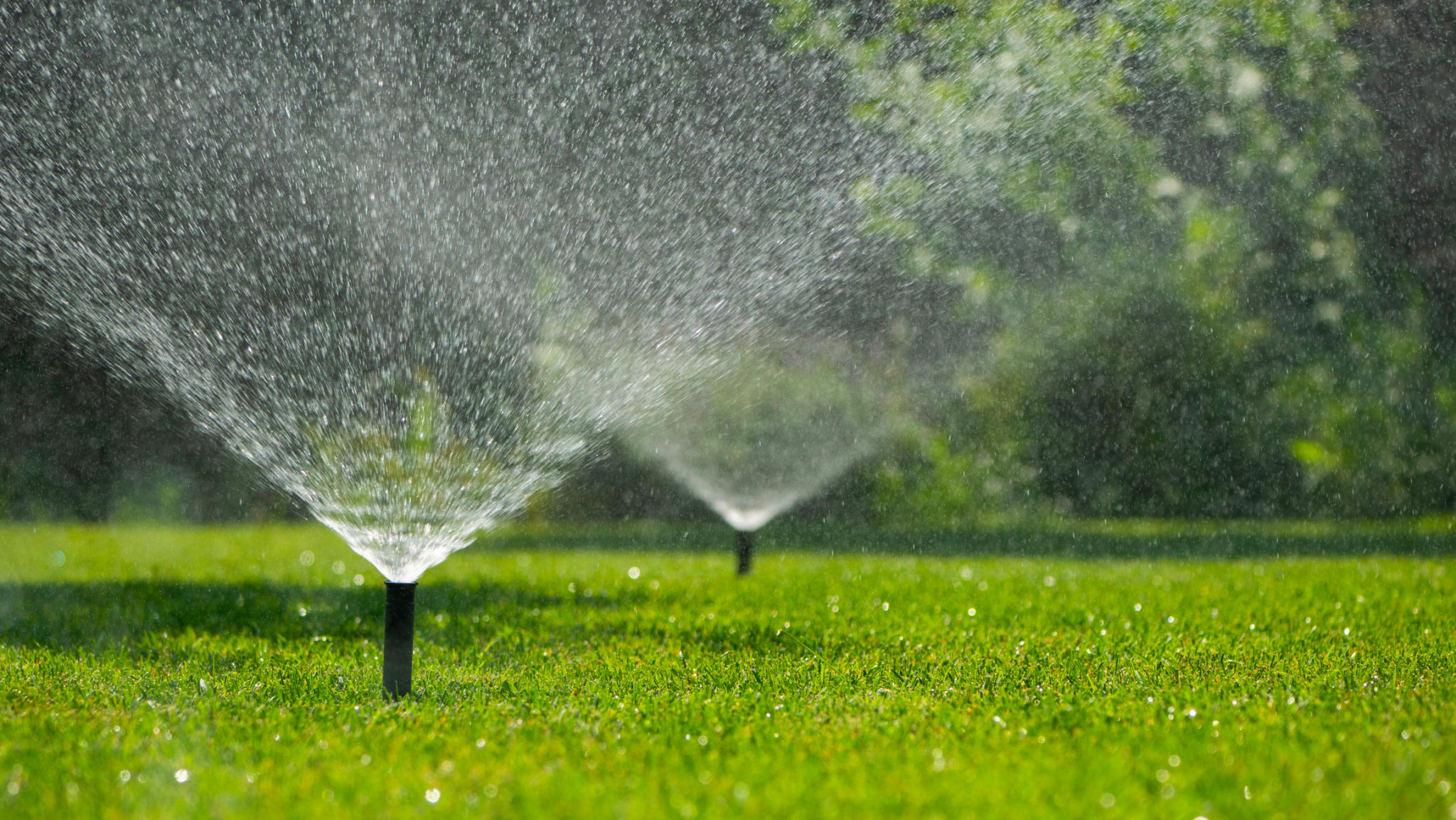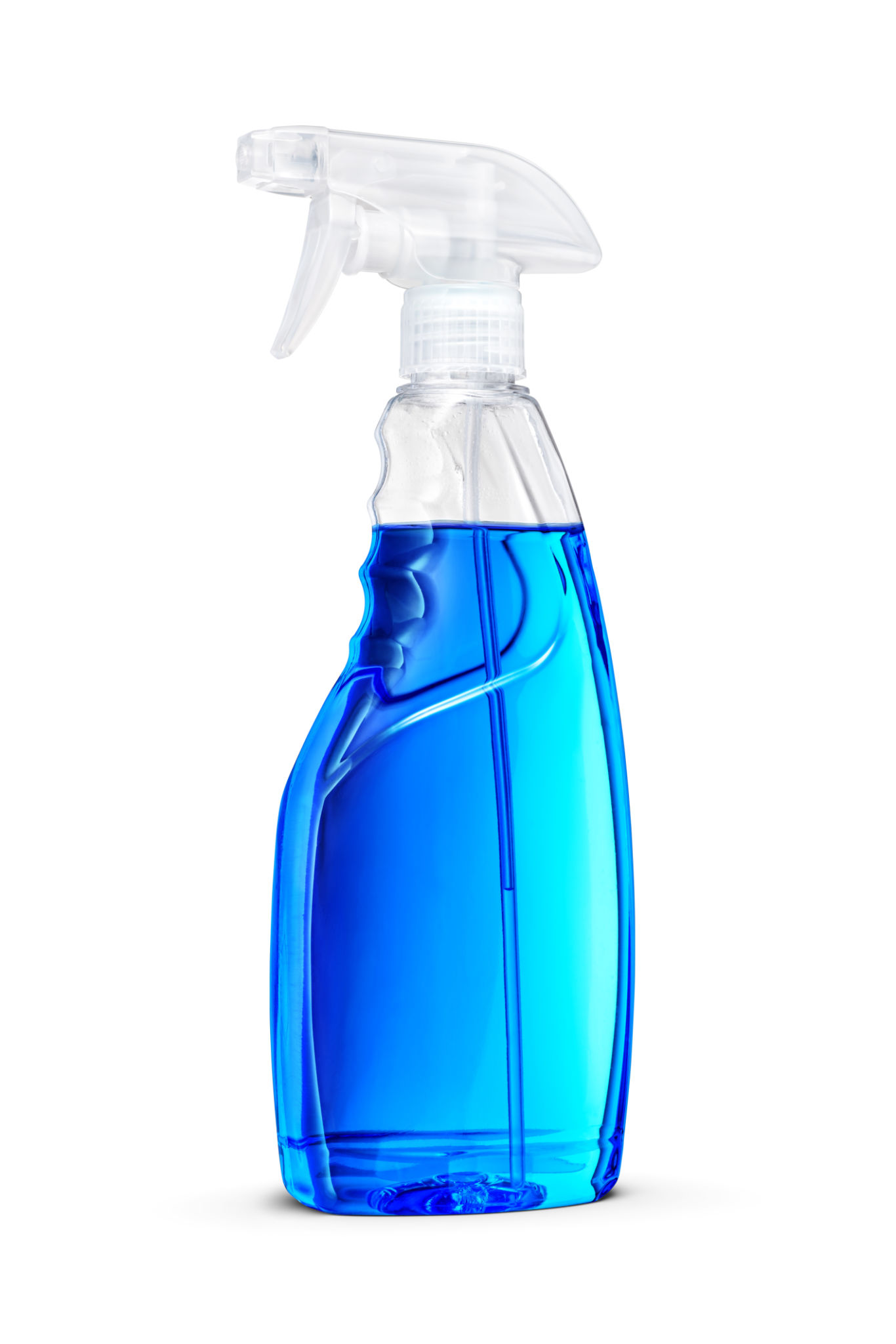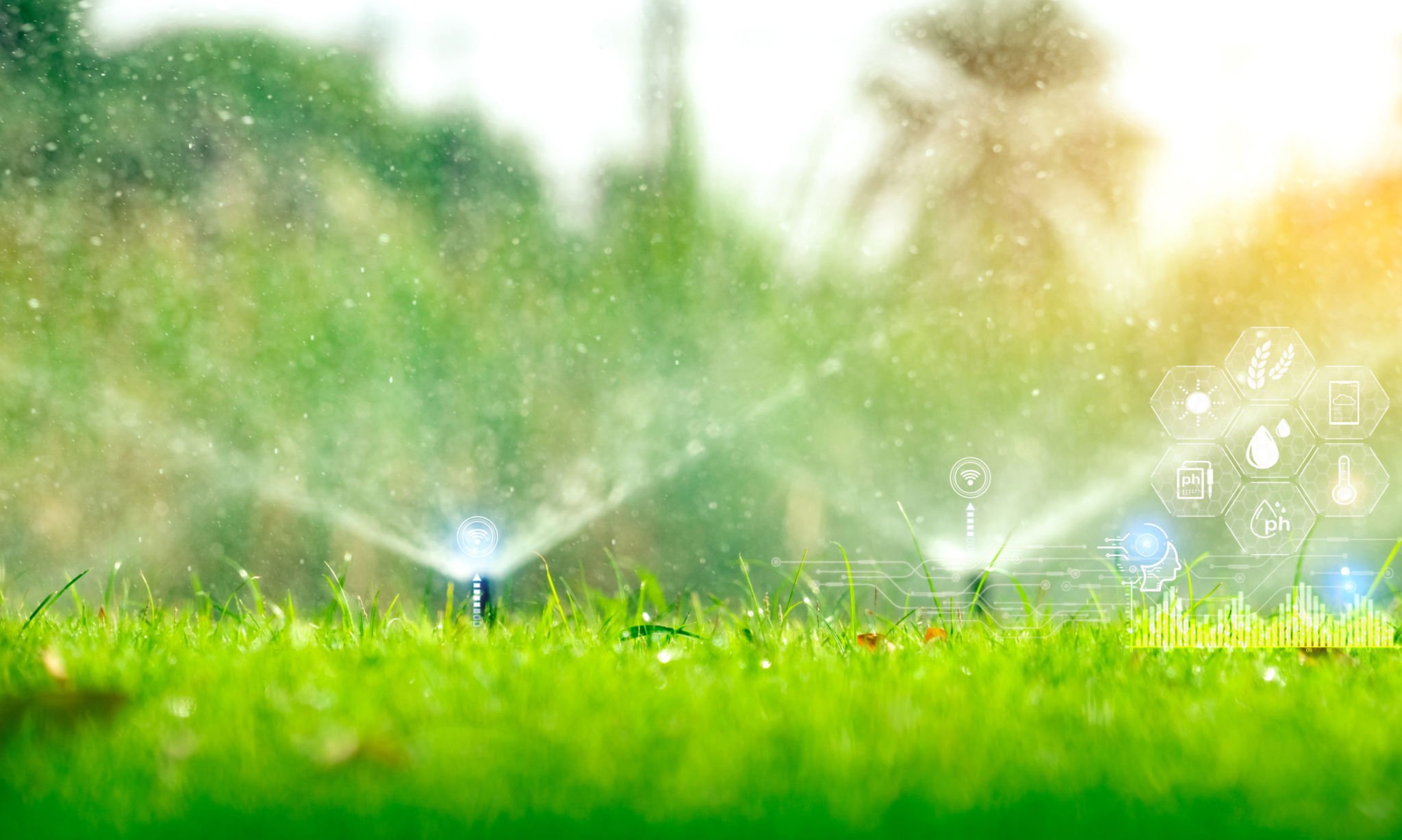DIY Irrigation System Maintenance: Tips from Staten Island Experts
Understanding Your Irrigation System
Regular maintenance of your irrigation system is key to ensuring its efficiency and longevity. Whether you're a seasoned gardener or a novice, understanding the basics of your system can save you time and money in the long run. Staten Island experts emphasize the importance of familiarizing yourself with the different components, such as sprinklers, timers, and valves, to effectively troubleshoot any issues.
An irrigation system is designed to provide precise amounts of water to your plants, which means even minor problems can lead to overwatering or underwatering. Knowing how your system operates and recognizing the signs of malfunction are essential first steps in maintaining it.

Regular Inspection and Cleaning
One of the most crucial aspects of DIY irrigation system maintenance is regular inspection and cleaning. Over time, dirt, debris, and mineral deposits can clog sprinkler heads and reduce water flow. Experts recommend checking your system at least once a month during peak watering seasons.
Start by turning on the system and visually inspecting all components for leaks or blockages. Clean the sprinkler heads by removing any debris and flushing them with water. This simple task can significantly enhance the performance of your irrigation system.

Checking for Leaks
Leaks are common issues that can lead to water wastage and increased utility bills. To check for leaks, monitor your water meter before and after using your irrigation system. A significant change in the reading indicates a leak. Inspect all visible pipes and connections for any signs of leakage.
If you find any leaks, tighten loose fittings or replace damaged components promptly. Addressing leaks early can prevent more extensive damage down the line and ensure your plants receive adequate hydration.

Adjusting Sprinkler Heads
Properly adjusted sprinkler heads are essential for even water distribution across your lawn and garden. Misaligned or damaged heads can cause dry spots or water pooling, which are detrimental to plant health. Regularly check that each sprinkler head is positioned correctly and adjust as needed.
If a sprinkler head is not covering the intended area, gently turn it to the desired direction. In some cases, you may need to replace worn-out heads to maintain optimal performance. Ensuring even coverage will help conserve water and promote healthy plant growth.
Seasonal Adjustments
Staten Island experts advise making seasonal adjustments to your irrigation system settings. As weather conditions change, so do the watering needs of your garden. During cooler months, you may need to reduce watering frequency, while hotter months might require more frequent irrigation.
Consider investing in a smart irrigation controller that automatically adjusts watering schedules based on weather conditions. This technology can optimize water usage and prevent unnecessary wastage.

Winterizing Your System
Preparing your irrigation system for winter is an essential step in preventing damage caused by freezing temperatures. Begin by draining all water from the pipes and components to avoid cracks and bursts. Insulate any exposed pipes with foam covers or heat tape for additional protection.
If your system has a backflow preventer, ensure it is properly protected against frost. By taking these precautions, you can safeguard your irrigation system and ensure it is ready to function efficiently when spring arrives.

Seeking Professional Help
While DIY maintenance is manageable for most homeowners, there are times when professional intervention is necessary. If you encounter complex issues beyond your expertise, consider consulting with a Staten Island irrigation specialist. They can provide expert guidance and perform advanced repairs to keep your system in top condition.
Remember, a well-maintained irrigation system not only supports a healthy garden but also contributes to water conservation efforts. By following these expert tips, you can enjoy a lush, thriving landscape year-round.